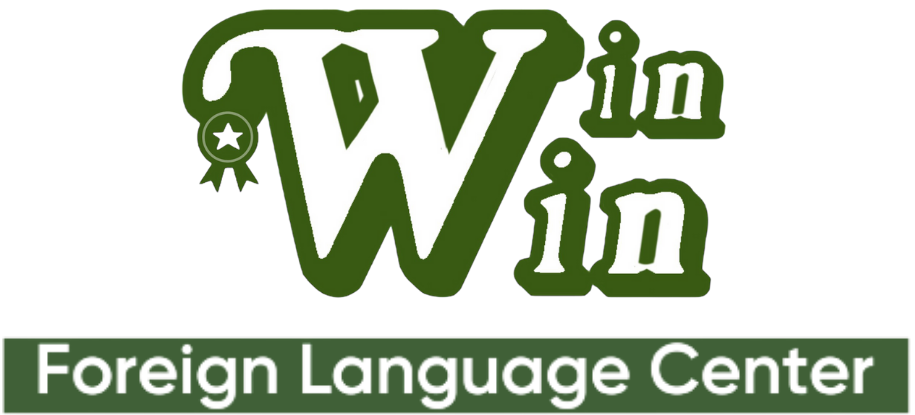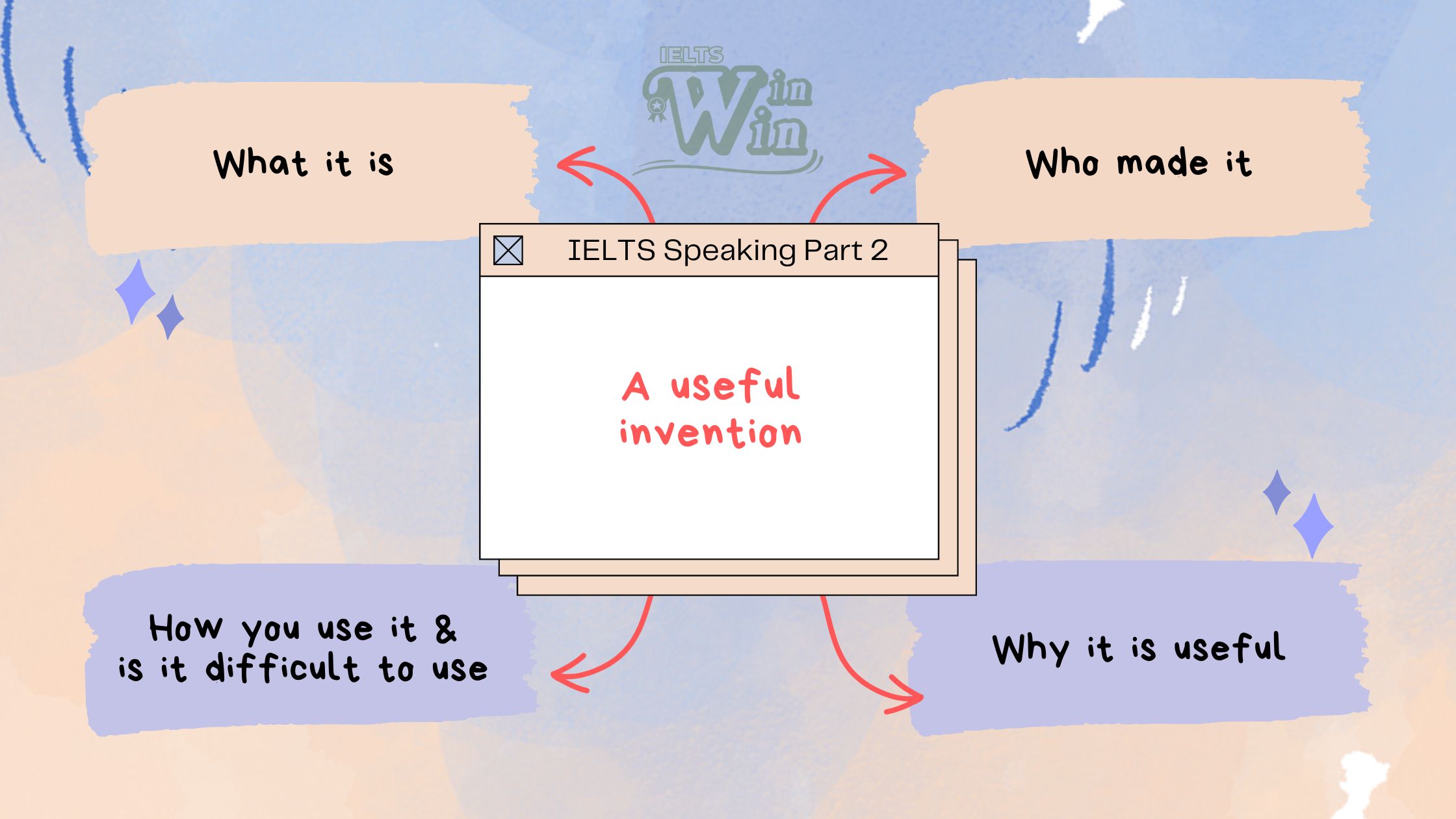✨Part 2: A useful invention
- What it is & who made it
- How you use it & is it difficult to use
- Why it is useful
One immensely important invention that came off the top of my mind was the Gutenberg printing press. It was made by Johannes Gutenberg in Germany, somewhere around the 15th century.
It operated similarly to an olive oil press. There were these small metal keys with letters embossed on them, and one would arrange them into texts. Then, ink was applied to the keys and a moist piece of paper was laid on top. Next, one would turn the mechanical lever on the machine to compress the paper and the keys, imprinting the ink. Finally, the paper is pulled out to dry.
The new book-making process centering around the Gutenberg press was spectacularly more efficient than previous methods, like hand copying or wood pressing. As a result, books, which were previously scarce, became more available to the general public. This accelerated the progress of humankind exponentially. The exchange of ideas and knowledge was faster than ever before. Step by step, that invention laid the foundation for the technological advancements that we see in the world today.
- immensely: /ɪˈmensli/ (adverb) - một cách cực kỳ, vô cùng.
- operated: /ˈɑːpəreɪtɪd/ (verb) - vận hành, điều khiển.
- embossed: /ɪmˈbɑːst/ (adjective) - in lồi, in nổi.
- mechanical: /məˈkænɪkl/ (adjective) - cơ khí, cơ học.
- book-making: /ˈbʊkˌmeɪkɪŋ/ (noun) - sản xuất sách, in ấn sách.
- spectacularly: /spekˈtækjələrli/ (adverb) - một cách ngoạn mục, đẹp mắt.
- accelerated: /əkˈseləreɪtɪd/ (adjective) - tăng tốc độ, gia tốc.
- foundation: /faʊnˈdeɪʃn/ (noun) - nền tảng, cơ sở.
Part 3
✨What kinds of inventions have changed the world?
To the best of my knowledge, there have been numerous inventions that have had a profound impact on the world. But for me, those that are of most significance are the Internet which revolutionized communication and access to information, electricity which transformed industries and enabled modern technology. Last but not least, the printing press has greatly influenced education and the spread of ideas, and the development of automobiles and computers has reshaped transportation and information processing. All in all, those are the creations that I personally consider to have transformed the world.
- numerous: /ˈnuːmərəs/ (adjective) - nhiều, đông đảo.
- revolutionized: /ˌrevəluːʃəˈnaɪzd/ (verb) - cách mạng hóa, làm thay đổi toàn diện.
- influenced: /ˈɪnfluənst/ (verb) - ảnh hưởng, có tác động.
- automobiles: /ˈɔːtəmoʊbiːlz/ (noun) - xe ô tô.
- transportation: /ˌtrænspərˈteɪʃn/ (noun) - sự vận chuyển, phương tiện giao thông.
- creations: /kriˈeɪʃənz/ (noun) - sự tạo ra, sáng tạo.
✨What kinds of inventions need improvement?
In terms of inventions that need improvement, various areas can benefit from further advancements. Renewable energy technologies, for instance, require improvements to enhance efficiency and reduce environmental impact. In addition, medical devices and treatments can also be refined to improve patient care and outcomes. Not only that, transportation systems and communication technologies have room for improvement to address challenges and meet evolving needs.
- improvement: /ɪmˈpruːvmənt/ (noun) - sự cải tiến, sự cải thiện.
- advancements: /ədˈvænsmənts/ (noun) - sự tiến bộ, sự tiến triển.
- environmental: /ɪnˌvaɪrənˈmentl/ (adjective) - môi trường, liên quan đến môi trường.
- treatments: /ˈtriːtmənts/ (noun) - sự điều trị, phương pháp chữa trị.
- evolving: /ɪˈvɑːlvɪŋ/ (adjective) - phát triển, tiến hóa.
✨What are some qualities of an inventor?
Qualities commonly associated with inventors include creativity, as they generate unique ideas and solutions. They also possess curiosity, perseverance, and problem-solving skills to overcome obstacles and develop innovative solutions. Resourcefulness is another important quality, enabling inventors to utilize available resources effectively.
- associated: /əˈsoʊʃieɪtɪd/ (adjective) - liên quan, kết hợp.
- problem-solving: /ˈprɑːbləmˌsɑːlvɪŋ/ (adjective) - giải quyết vấn đề.
- obstacles: /ˈɑːbstəklz/ (noun) - chướng ngại vật, trở ngại.
- resourcefulness: /rɪˈsɔːrsfəlnəs/ (noun) - tính sáng tạo, khéo léo trong tận dụng tài nguyên.
- effectively: /ɪˈfektɪvli/ (adverb) - một cách hiệu quả, có hiệu lực.
✨Do you think people with no schooling can become inventors?
While formal education can provide valuable knowledge and skills, it is not a prerequisite for becoming an inventor. People with no formal schooling can certainly become inventors, as creativity, problem-solving abilities, and curiosity can drive innovation.
- aluable: /ˈvæljuəbl/ (adjective) - có giá trị, quý giá.
- prerequisite: /ˌpriːˈrekwəzɪt/ (noun) - điều kiện tiên quyết.
- problem-solving: /ˈprɑːbləmˌsɑːlvɪŋ/ (adjective) - giải quyết vấn đề.
- curiosity: /ˌkjʊriˈɑːsəti/ (noun) - tính tò mò, sự ham muốn tìm hiểu.
- innovation: /ˌɪnəˈveɪʃn/ (noun) - sự đổi mới, sự cách tân.
✨How long does it take to make an invention?
The time required to create an invention varies significantly depending on several factors. The complexity of the invention, available resources, and individual circumstances all play a role. Some inventions may take years or even decades to develop, involving research, design, prototyping, testing, and refinement.
- significantly: /sɪɡˈnɪfɪkəntli/ (adverb) - đáng kể, đáng chú ý.
- complexity: /kəmˈplɛksəti/ (noun) - tính phức tạp.
- circumstances: /ˈsɜːrkəmstænsɪz/ (noun) - hoàn cảnh, tình huống.
- prototyping: /ˈproʊtətaɪpɪŋ/ (noun) - sự mẫu thử.
- refinement: /rɪˈfaɪnmənt/ (noun) - sự tinh chế, sự hoàn thiện.
✨ Do you think the government or private companies should support inventors/ scientists?
Both government and private companies play important roles in supporting inventors and scientists. Government funding can provide resources and support for research and development, while private companies often invest in innovation to drive technological advancements and gain a competitive edge. Collaboration between the two can lead to fruitful outcomes, promoting scientific progress and the translation of inventions into practical applications.
- government: /ˈɡʌvərnmənt/ (noun) - chính phủ, chế độ.
- private: /ˈpraɪvət/ (adjective) - riêng tư, cá nhân.
- development: /dɪˈvɛləpmənt/ (noun) - sự phát triển, sự tiến bộ.
- advancements: /ədˈvænsmənts/ (noun) - sự tiến bộ, sự tiến triển.
- scientific: /saɪənˈtɪfɪk/ (adjective) - khoa học, có tính khoa học.
- practical: /ˈpræktɪkl/ (adjective) - thực tiễn, thực tế.
Xem thêm các bài viết về Speaking Part 2 và 3 ở đây bạn nhé
Đừng ngần ngại để lại thông tin hoặc liên hệ với chúng mình qua địa chỉ sau đây để IELTS WinWin có thể hỗ trợ tốt nhất cho bạn nhé!
Địa chỉ: 118 Nguyễn Xuân Khoát, P. Tân Thành, Q. Tân Phú, TP. Hồ Chí Minh.
Fanpage: IELTS WinWin
Zalo: 0965 439 239 – 085 301 8788
Website: ieltswinwin.com



